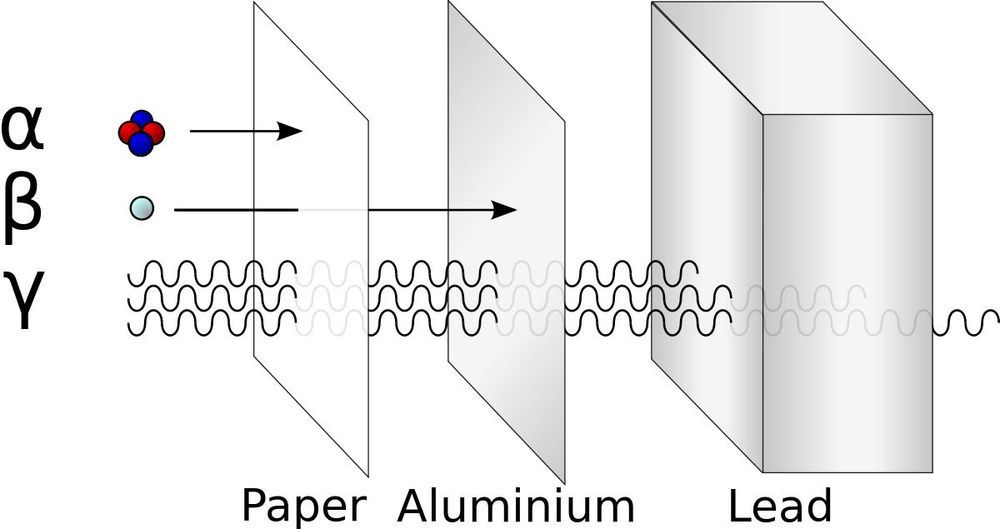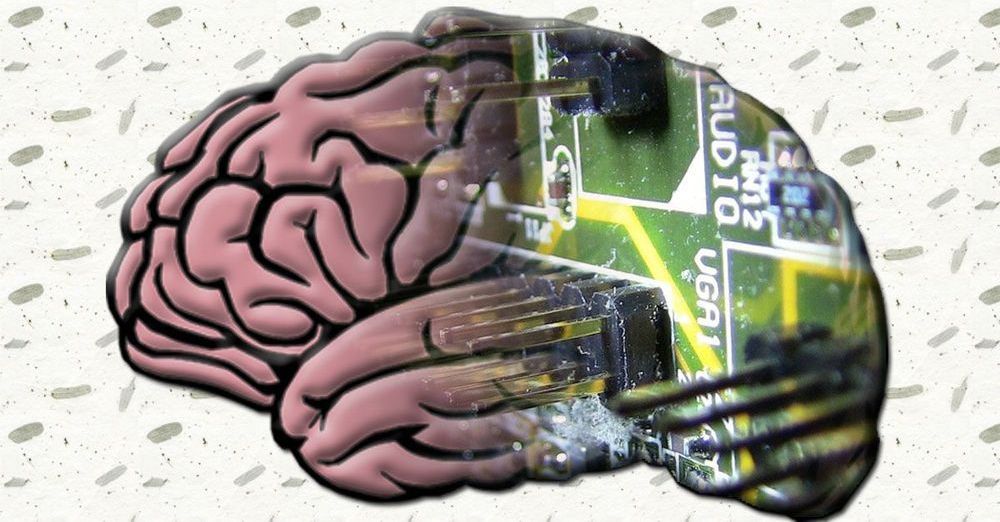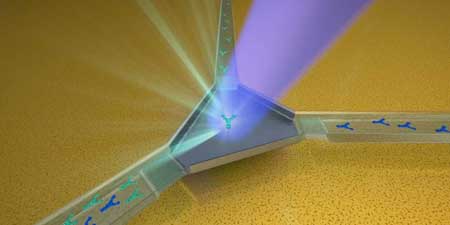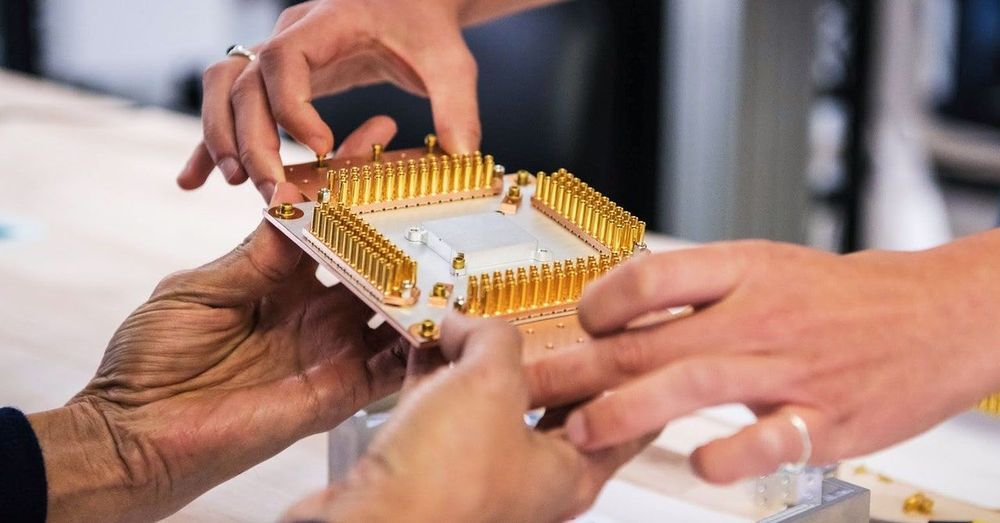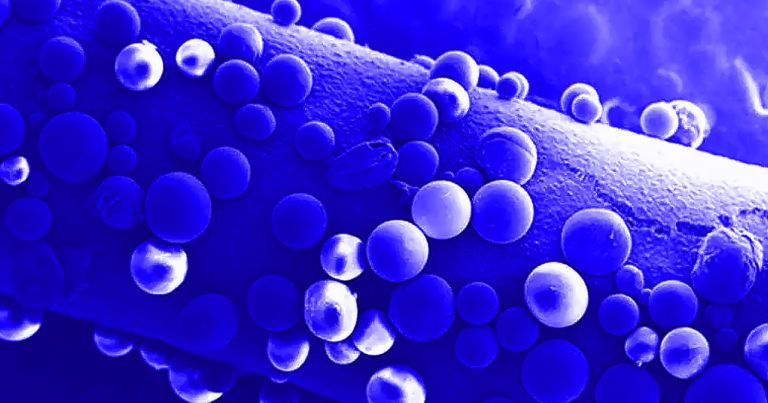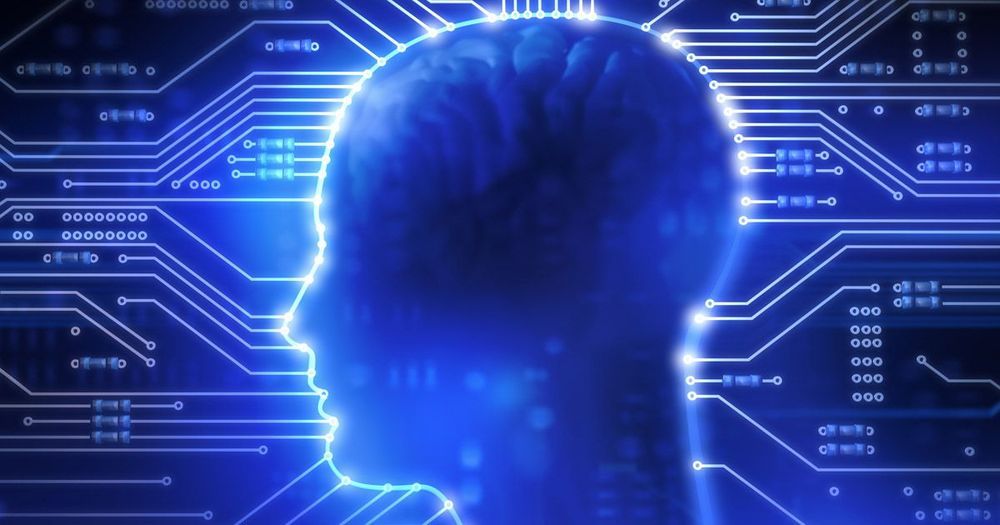Page 6755
Apr 21, 2020
Full Interview: Edward Snowden On Trump, Privacy, And Threats To Democracy | The 11th Hour | MSNBC
Posted by Fyodor Rouge in category: privacy

On the eve of his memoir ‘Permanent Record’ being published, NSA whistleblower Edward Snowden talked at length from Moscow with MSNBC’s Brian Williams in an exclusive interview. This is their discussion in its entirety, edited down slightly for clarity.
Aired on 9/17/2019.
» Subscribe to MSNBC: http://on.msnbc.com/SubscribeTomsnbc
MSNBC delivers breaking news, in-depth analysis of politics headlines, as well as commentary and informed perspectives. Find video clips and segments from The Rachel Maddow Show, Morning Joe, Meet the Press Daily, The Beat with Ari Melber, Deadline: White House with Nicolle Wallace, Hardball, All In, Last Word, 11th Hour, and more.
Apr 21, 2020
Mark Zuckerberg discusses Facebook’s new COVID-19 tracking site
Posted by Fyodor Rouge in category: biotech/medical
![]()
#News, #Covid
Facebook CEO Mark Zuckerberg on Monday unveiled a coronavirus ‘heat map’ powered by Facebook data which is aimed at helping track the spread of the disease and plan for reopening society. The first map (pictured) is based on more than two million responses to surveys which asked users in the US to self-report symptoms over a period of 10 days in April.
Continue reading “Mark Zuckerberg discusses Facebook’s new COVID-19 tracking site” »
Apr 21, 2020
New AI algorithm brings us closer than ever to controlling machines with our minds
Posted by Genevieve Klien in categories: biotech/medical, cyborgs, information science, robotics/AI
Researchers from Carnegie Mellon and the University of Pittsburgh today published research showing how they’d solved a frustrating problem for people who use a brain-computer interface (BCI) to control prosthetic devices with their thoughts.
While the research itself is interesting – they created an algorithm that keeps the devices from constantly needing to be re-calibrated to handle the human brain’s fluctuating neuronal activity – the real takeaway here is how close we are to a universal BCI.
BCIs have been around for decades in one form or another, but they’re costly to maintain and difficult to keep working properly. Currently they only make sense for narrow use – specifically, in the case of those who’ve lost limbs. Because they’re already used to using their brain to control an appendage, it’s easier for scientists and researchers to harness those brainwaves to control prosthetic devices.
Apr 21, 2020
Nanovalves for nanoparticles
Posted by Genevieve Klien in categories: biotech/medical, nanotechnology
Newly-developed nanovalves allow the flow of individual nanoparticles in liquids to be controlled in tiny channels. This is of interest for lab-on-a-chip applications such as in materials science and biomedicine.
Apr 21, 2020
Google’s Head of Quantum Computing Hardware Resigns
Posted by Genevieve Klien in categories: computing, quantum physics
John Martinis brought a long record of quantum computing breakthroughs when he joined Google in 2014. He quit after being reassigned to an advisory role.
Apr 21, 2020
Bactericidal nanomachine: Researchers reveal the mechanisms behind a natural bacteria killer
Posted by Paul Battista in categories: biotech/medical, food, nanotechnology
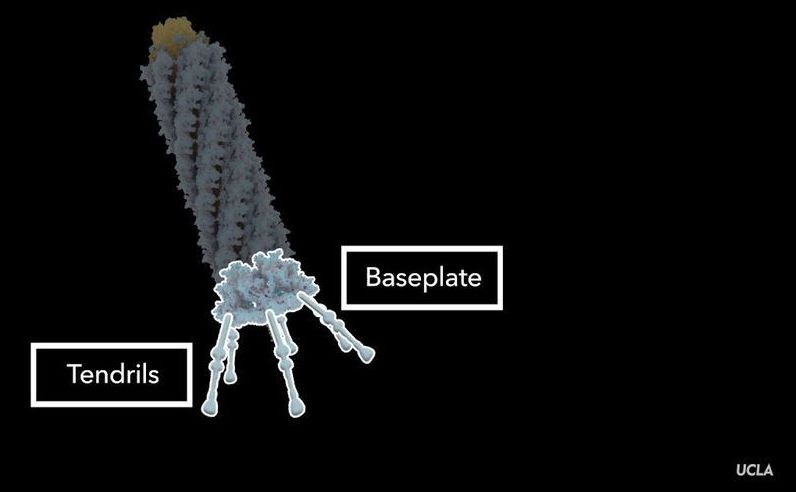
In a study published in Nature, a UCLA-led team of researchers describe how the nanomachine recognizes and kills bacteria, and report that they have imaged it at atomic resolution. The scientists also engineered their own versions of the nanomachine, which enabled them to produce variations that behaved differently from the naturally occurring version.
Their efforts could eventually lead to the development of new types of antibiotics that are capable of homing in on specific species of microbes. Drugs tailored to kill only a certain species or strain of bacteria could offer numerous advantages over conventional antibiotics, including lowering the likelihood that bacteria will develop resistance. In addition, the tailored drugs could destroy harmful cells without wiping out beneficial bugs in the gut microbiome, and they could eventually offer the possibilities of being deployed to prevent bacterial infections, to kill pathogens in food and to engineer human microbiomes so that favorable bacteria thrive.
Apr 21, 2020
Biodegradable “Bridge” Could Repair Damaged Nerves
Posted by Paul Battista in category: biotech/medical
Apr 21, 2020
Origins of language pathway in the brain at least 25 million years old
Posted by Nicholi Avery in category: neuroscience
“Scientists have discovered an earlier origin to the human language pathway in the brain, pushing back its evolutionary origin by at least 20 million years.”
If you found this article informative and you’d like to share it, please “like” and share it from our Facebook page: https://m.facebook.com/story.php?story_fbid=570644296897252&id=383136302314720
Apr 21, 2020
Deep-UV LEDs Grown on SiC Substrates Could Help Eliminate Coronavirus from Surfaces
Posted by Omuterema Akhahenda in category: biotech/medical
#COVID19 #photonics
SANTA BARBARA, Calif., April 20, 2020 — Researchers at the University of California, Santa Barbara (UC Santa Barbara) are developing ultraviolet (UV) LEDs for decontaminating surfaces and potentially air and water that have come in contact with the SARS-CoV-2 virus.
